The English Market on Grand Parade was one of the first things we discovered in Cork. I joked throughout our stay that all roads lead to the market because we kept stumbling upon small cobblestone streets called Mutton Lane, Cornmarket Street, and Meat Market Lane, which all led into a nucleus-like market filled with fish, meat, cheeses, chocolates, clothing, and much much more.
I’ve mentioned this before, but Cork is a merchant town that played an important part in the economic health of Ireland. Food from the country fed ships, troops, and other colonies like the West Indies for hundreds of years. The city’s most predominant exports were meat and butter, which eventually made it necessary to have a centralized (and regulated) market from which to sell and trade these perishable goods.
The market that you find today in the centre opened in August 1788 amidst much pomp and circumstance. It was regulated and controlled by the ruling protestants and because of this quickly became known as the “English Market.” Very quickly, other “markets” sprouted from the nucleus of the English Market: the Fish Market, the Fowl Market, the Root Market, etc. These are now considered to be a part of the expansion of the original. In 1840, another market was built by the city’s Catholic community and it took the name of the “Irish Market.” This was a time of prosperity for the city.
In the 1800s, a few things happened that impacted the future of both the Market and Ireland: the end of the Napoleonic Wars ended the need to feed and supply the Royal navy with food. This created high levels of unemployment and in turn, depressed wages, which increased the number of impoverished and their dependence on cheaper food. In 1845, the Potato Famine hit and led to the death of 1 million people in Ireland and the mass emigration of even more to other countries around the world.
During all of this, the English Market somehow managed to stay open and continue to exist amidst two centuries of continuous war, economic hardship, gradual deterioration, and threats to shut it down for various reasons. It’s been renovated, has stood empty, been raided during Irish civil strife, and in the end become the popular thriving destination it is today.
I’m glad it survived because it would be strange and a bit unnatural to cut this “nucleus” out of the heart of Cork. Who knows what sort of impact that would have on the city.
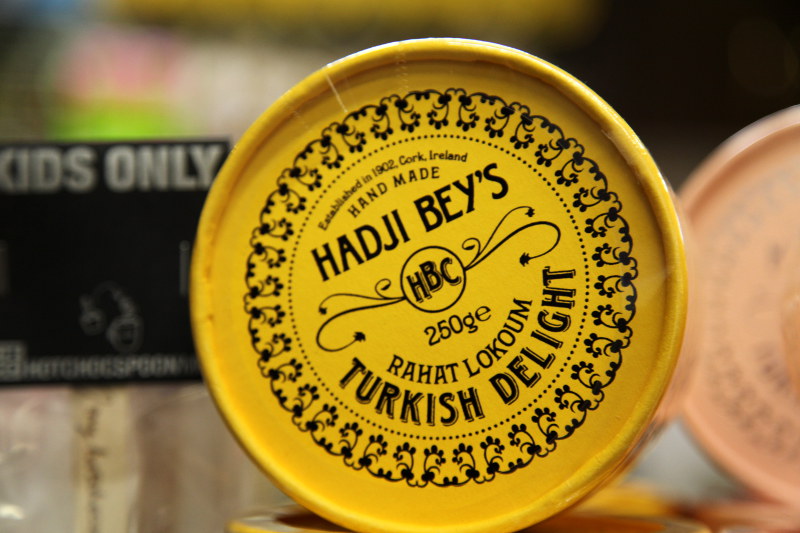
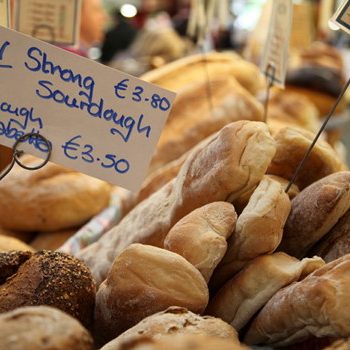
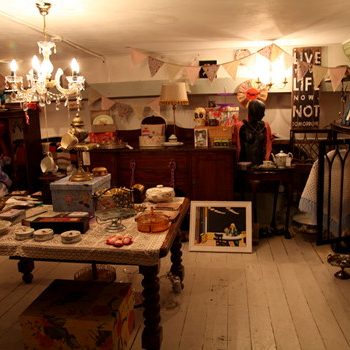
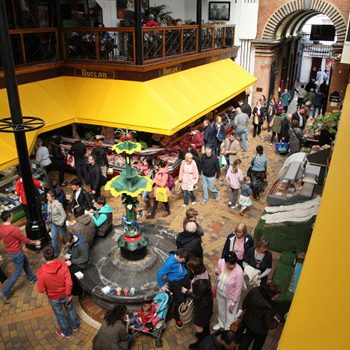
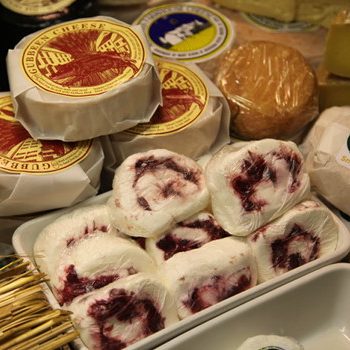
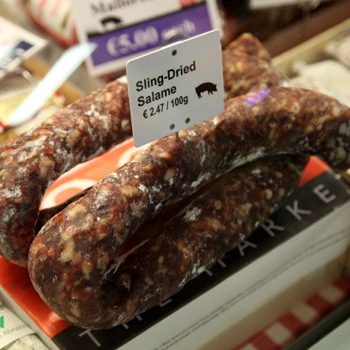
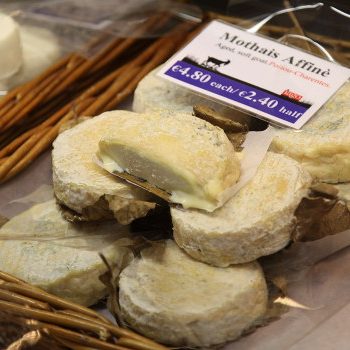
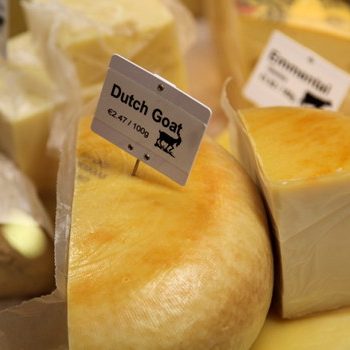
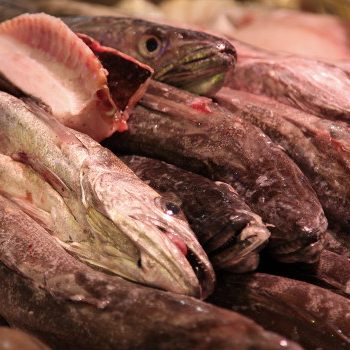
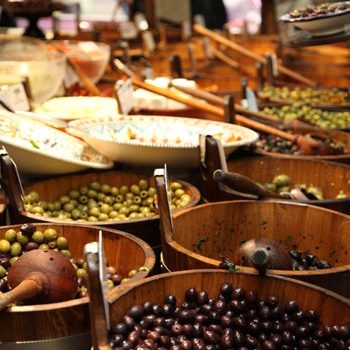
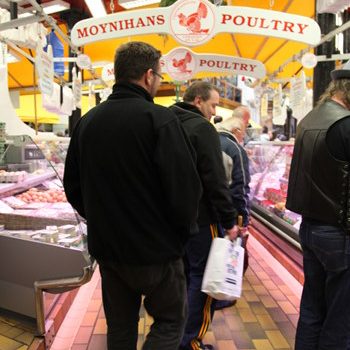
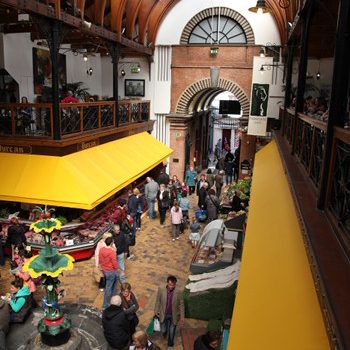
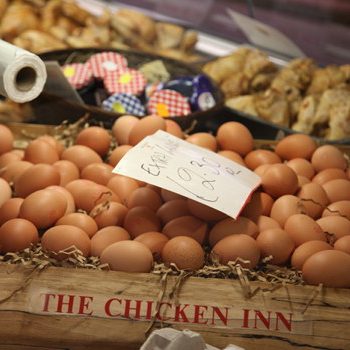
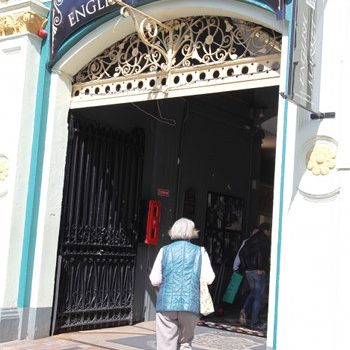
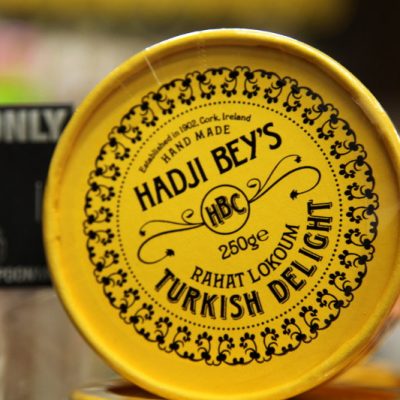
0 comments on “The English Market, Cork”Add yours →